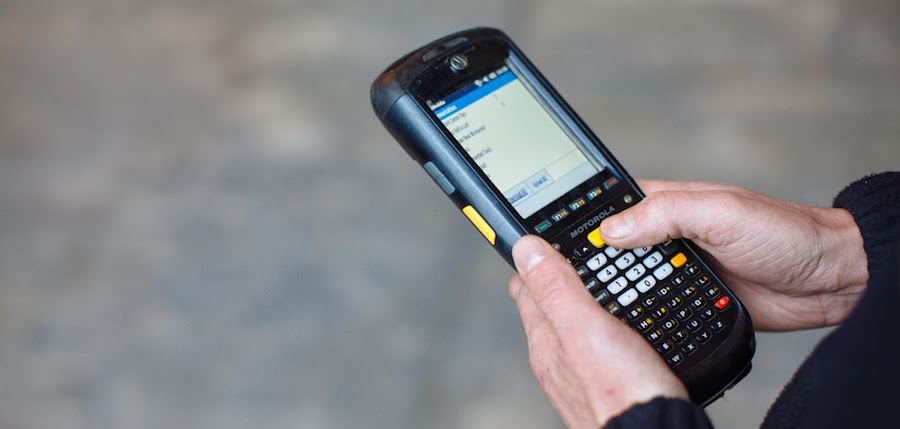Whilst most of us are still getting to grips with touch screens, some businesses are taking technology in the workplace to another place altogether; an office block in Sweden has begun to insert RFID chips in their employees which are located underneath the skin – otherwise known as RFID (radio-frequency identification).
This chip technology sounds like something out of spooky sci-fi movie but this could in fact be the future of employee management and office security. The office block in which this chipping is taking place, Epicentre, is host to a range of tech companies, mostly start-ups, but it has also hosted internationally acclaimed tech companies such as Google.
Epicentre is not unlike most office spaces in Stockholm, except for the fact that it has taken to placing chips in its tenants. The chips enable the workers to enter the building and to use the building’s equipment, such as photocopiers.
RFID Implant Procedure
The process of inserting the chip into the hand has been described by a BBC technology correspondent as being a minor medical procedure and is not particularly painful; the correspondent gave the chip a go himself, going on to state that the chip was no larger than a grain of rice. Having watched the video posted on the BBC website I think most would agree that whilst the insertion looks quick, judging by the correspondent’s reaction, it doesn’t look painless per se…
If you have yet to watch the video then one might make a comparison with the chipping procedure done on pets, which most of us are more likely to be familiar with, or the chipping process used for tracking goods on the move. What might surprise some is this is not the first time that RFID chipping technology has been used on humans, back in 2006 RFID technology was used for the first time on employees in the U.S by a video surveillance company in Ohio.
The company tested out RFID for security purposes, as it holds confidential videos belonging to the government and wanted to see whether this method of verification might be more practical in their high security storage facility.
As with anything new there are anxieties over the utilisation of this technology – could it be used for more sinister purposes than using the office printer? The biohacking group that is using the RFID chip technology claims that it is testing out the technology before other larger organisations start to offer it as well.
How Will RFID Affect You?
Once properly programmed employees can use the RFID technology on a number of devices for verification including smartphones and computers. Advocates of the chipping system believe that we could soon live in a world where such a procedure would be commonplace and the chip could replace credit cards, IDs and keys.
Since most of us are still getting used to the technology behind contactless credit cards this is probably a reality still some way off. Nonetheless the benefits of using and developing chip technology cannot be ignored, its utilisation is ideal for both security and accessibility purposes.
To find out about how the UK views information security check out this post: UK Law Enforcement Agencies prioritise Information Security
Watch RFID Chip Get Implanted
As would be expected some residents of the Stockholm office complex remain sceptical and it doesn’t look like all of the offices 700 residents will be signing on despite the fact that the developers’ chief executive was chipped on stage when the office was first opened to entice others.
There are only a few hundred people in Sweden who currently have the chip of the kind that the Swedish biohacking organisation BioNyfiken has been promoting.
It would seem that other businesses are undecided – waiting until this new piece of kit really kicks off – or until it is scrapped completely. The idea of RFID technology being used on humans has been around for a while but has yet to capture the imagination of the business world, most probably because its potential has yet to realised or utilised.
Whether or not Sweden can win us over remains to be seen…










